How Your Garden can Save the Planet

We hate hearing it, but we are in the middle of a climate crisis. Our oceans are becoming more and more polluted with plastic, Co2 emissions are rising and many animals are facing extinction.
It's easy to think that there's nothing we can do about this, that it should come from higher powers, but there are so many, small things we can all do which will really make the difference for generations to come.
Some of these changes start at home, or to be more specific, in the garden. There are many things we can do in our garden that will create positive change in the atmosphere and in our lives.
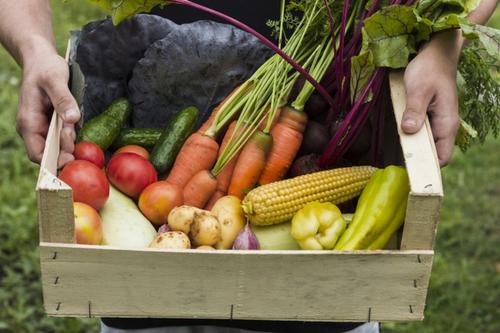
Grow Your Own
The thought of growing your own fruit and veg might sound really daunting and difficult, but you can make it as easy as you want!
One of the easiest things to grow in your back garden, that takes up minimal space, is strawberries. If you're a strawberry lover that buys them from the super market every couple of weeks, it makes more sense to grow your own! They taste much nicer and are available at all times.
Strawberries can be grown in hanging baskets, in raised sleeper beds or simply in the ground. We recommend high quality soil to get you started. Our Wessex® Fruit & Veg Topsoil would be ideal for this. We also have a more budget-friendly Wessex BS3882 Topsoil.
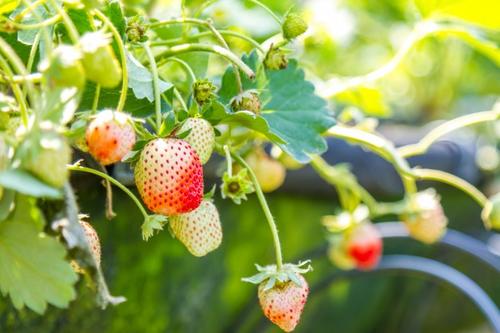
How will this save the planet?
If you could stretch yourself to grow just three varieties of fruit/veg that you often use; say strawberries, lettuce and potatoes, this will create a big impact over time.
For a start, when you buy these products, they usually come in plastic packaging. If you no longer need to buy these (because you grow them yourself), you're massively reducing the amount of plastic waste you produce, especially across the year.
Then there's Co2 emissions. Unless you buy from a local green grocery, these fruits and vegetables would have most likely had a long journey from miles away to get to your super market. If we all started growing and our own fruits and vegetables, it limits the amount of travel it takes to transport the food, therefore positively impacting air pollution and the rising levels of caron dioxide in the air.
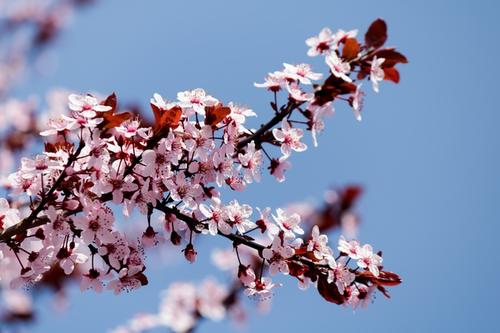
Plant a Tree
It doesn't have to be big or expensive, there are many varieties of trees that are budget-friendly and stay small in size. Small, beautiful trees include Flamingo trees, Fuchsia trees and cherry blossom trees, but there are so many different varities to choose from.
How will this save the planet?
Modern urbanisation and climate change are both contributing to flash floods which have become more and more frequent throughout the UK. Urbanisation and the decline in free draining areas mean drains are over flowing because there is simply nowhere for the rain to be absorbed. The rising Co2 levels also create greater risk of heavy rain in some areas, while other areas are more likely to experience drought.
Trees create two solutions, one being that they absorb air pollutants such as Co2, meaning less overall air pollution. If everyone planted one tree, whether it was in their front garden or back garden, it would make a dramatic difference to Co2 emissions and climate change.
According to 'Team Trees', if 20 million trees were planted, 1.6 million tonnes of carbon would be absorbed and 116 thousand tonnes of chemical air pollution would be removed from the atmosphere.
The other solution it would create is the absorption of increased rain water. Trees absorb moisture through their huge roots and use this as nutrients to grow. If everyone planted one tree, the risk of flooding in certain areas would decrease.
Make Your Own Compost
This is one of the easiest things you can do, right at home. If you're thinking of growing your own fruit and veg, compost is the most nutritious things you can add to the soil. Simply keep the off-cuts of fruit and vegetables you don't eat, and compile it somewhere in your garden - it's as easy as that!
Compost bins ensure this area is neat and tidy, as well as offering a good climate for food to compost. Compost bins can be purchased from most garden centres, including Dobbies Garden Centre, opposite our Dorchester depot.
To get you started, we sell Wessex® Soil Improver Compost,, or a more budget-friendly option of Wessex® Peat Free Multi-Purpose Compost.
How will this save the planet?
Instead of food waste ending up in landfills and taking up space in bins, it will be used as something far more efficient. It also saves you buying compost which usually comes in plastic bags, as you'll have fresh compost made up of your own food waste!
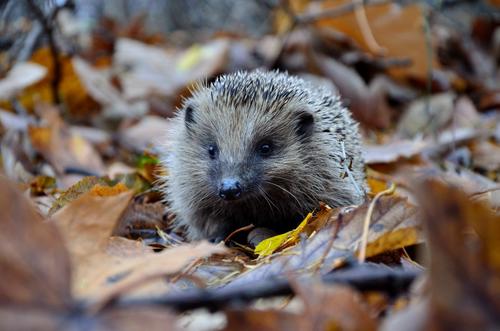
Wildlife Areas
If you're blessed with a big, spacious garden, one of the best things you can do is dedicate this space to it's former owners, the wildlife.
Wildlife areas can include places for bees and butterflies; planting wildflowers and buying an insect home is a great way of encouraging these declining creatures into your garden. Insect houses can be bought from most garden centres, as well as seeds/bulbs for wild varieties of flowers.
Birds will benefit from a bird bath (as well as bees) where they can take a drink in summer and clean themselves. A simple bird feeder or bird table would also provide food for animals such as birds and squirrels, both of which take up minimal space and are very budget-friendly.
Then there are the ground animals, such as frogs and hedgehogs. These animals benefit most from areas that have been completely left to grow, so they can find comfortable, safe places to sleep. The easiest thing you can do to help these animals, is having a space as small as 1 metre square, and completely leaving the grass to grow. You could also add some stray twigs and leaves for hedgehogs to nest in.
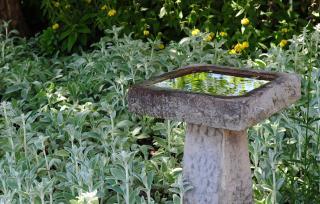
How will this save the planet?
The planet relies on bees to pollinate crops such as avocados, soybeans, asparagus, broccoli, celery, squash, and sunflowers for oil, cucumbers, citrus fruit, peaches, kiwis, cherries, cranberries and melons.
The Honey Bee also play a very important role in pollinating crops such as cotton and flax, with beeswax being an important bi-product widely used in beauty products.
Bees are recently under threat of declining, which will lead to serious problems when it comes to the fresh fruit we eat, and the beauty products we buy. By providing shelters, water and flowers for bees, you are playing an important role in ensuring their existence for generations to come.
Hedgehogs are also at risk of becoming extinct. With the decline of many fields and wooded areas, it's becoming more difficult for hedgehogs to find a safe haven to live in. By leaving just a small, over grown space in your garden, you'll be encouraging these adorable creatures to nest somewhere safe.
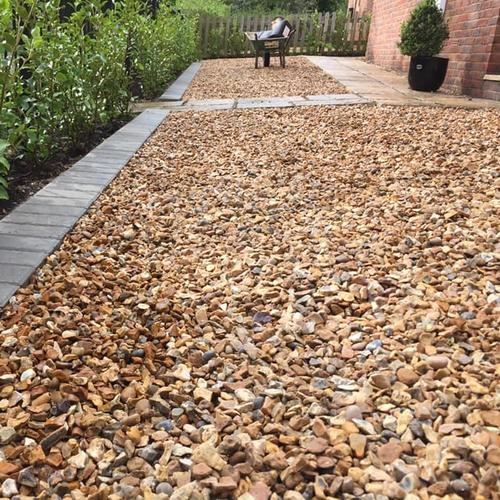
Permeable Options
It's important we create areas in our front/back gardens that offer drainage in times of heavy rain. One of the easiest ways we can do this is to opt for a permeable driveway. Permeable driveways include the popular use of Gravel or Shingle, a product we sell in many different sizes. As well as being the cheapest driveway solution, this offers the perfect solution for heavy rain, as it allows water to slowly drain into the ground as it makes its way through the aggregates.
Another permeable driveway option is Resin Bound Aggregates. They don't look it, but these bounded aggregates can withstand 850 litres of water per square metre per minute - that's a lot of heavy rain! This makes them fully SUDS compliant.
Even adding a small border of shingle to your patio or turfed area can make a difference. Some people have their drain pipes leading down to an area of gravel as it offers good drainage.
How can this save the planet?
In times of heavy rain or within areas prone to flooding, this offers somewhere for the rain to be absorbed quickly, and drain freely into the ground.
World Earth Day is 22nd April - make it a day of positive change!
Explore the website for inspiration on how you can make your garden a planet-saving paradise!

